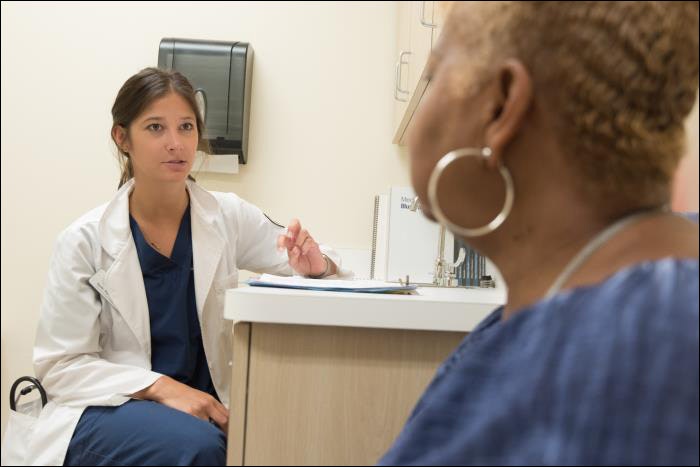Medical Information
Medical Information

What is a Coronavirus?
Coronaviruses are a family of viruses that can cause respiratory illness in people. Coronaviruses circulate among animals, including camels, cattle, cats, and bats.
How is the Novel Coronavirus, COVID-19 Different from Other Coronaviruses?
Just like there are different types of related viruses that cause smallpox, chickenpox, and monkeypox, different coronaviruses cause different diseases in people. The Severe Acute Respiratory Syndrome (SARS) coronavirus causes SARS and the Middle East Respiratory Syndrome (MERS) coronavirus causes MERS. The novel coronavirus, COVID-19 is one of seven types of known human coronaviruses. COVID-19, like the MERS and SARS coronaviruses, likely evolved from a virus previously found in animals. The remaining known coronaviruses cause a significant percentage of colds in adults and children, and these are not a serious threat for otherwise healthy adults.
What are the Signs and Symptoms of COVID-19 infection?
Patients with confirmed COVID-19 infection have reportedly had mild to severe respiratory illness with symptoms such as fever, cough, and shortness of breath.
What Should I Do if I Think I Have Been Exposed to or Infected with COVID-19?
Alert your healthcare provider immediately if you think you may be infected with COVID-19, including if you have been exposed to someone with the virus and have signs/symptoms of infection. If you are experiencing symptoms, you should tell your healthcare provider about any recent travel to areas where COVID-19 is spreading.
If you believe you have been exposed on the job, alert your supervisor or occupational health clinic immediately.
How is COVID-19 Diagnosed?
Your healthcare provider can determine if your signs and symptoms are explained by other causes, or if there is reason to suspect you may have COVID-19. If laboratory testing is appropriate, your healthcare provider will work with health officials in your state, who in turn will work with CDC, to collect and test any clinical specimens for diagnosis.
The CDC's Information for Laboratories webpage provides detailed information and interim guidelines for collecting, handling, and testing clinical specimens from patients under investigation and also provides laboratory biosafety guidelines for handling and processing specimens associated with COVID-19 infection.
How is COVID-19 Treated?
No vaccine or specific treatment for COVID-19 infection is available. Hospitals can provide supportive care for infected people.
The CDC COVID-19 Information for Healthcare Professionals webpage provides interim guidance for healthcare professionals, infection control, and home care for managing patients with known or suspected COVID-19.
Occupational Safety and Health Administration
